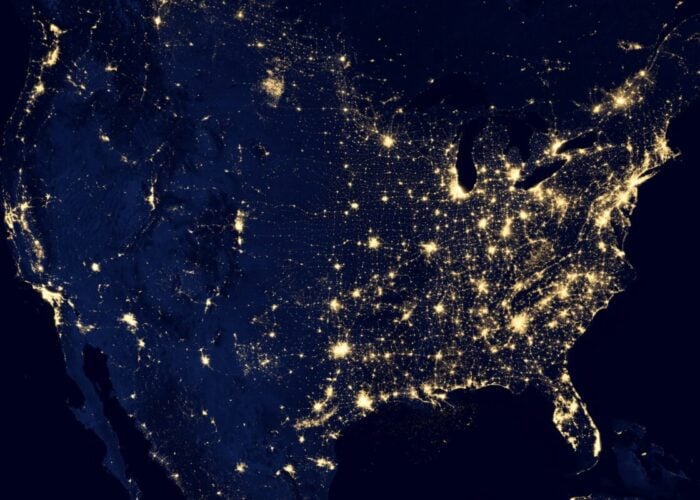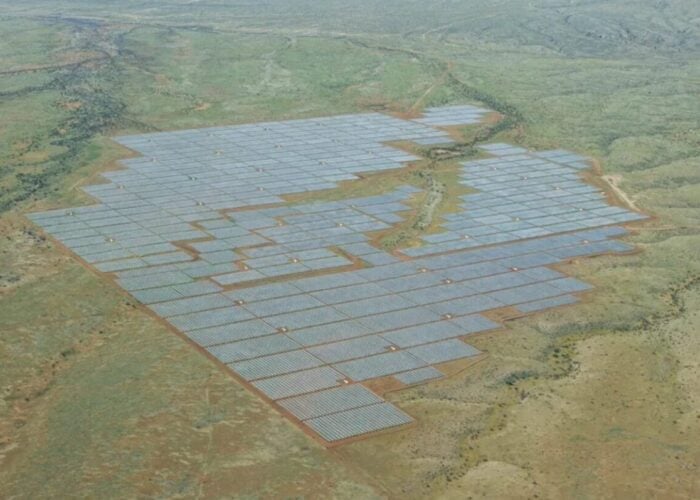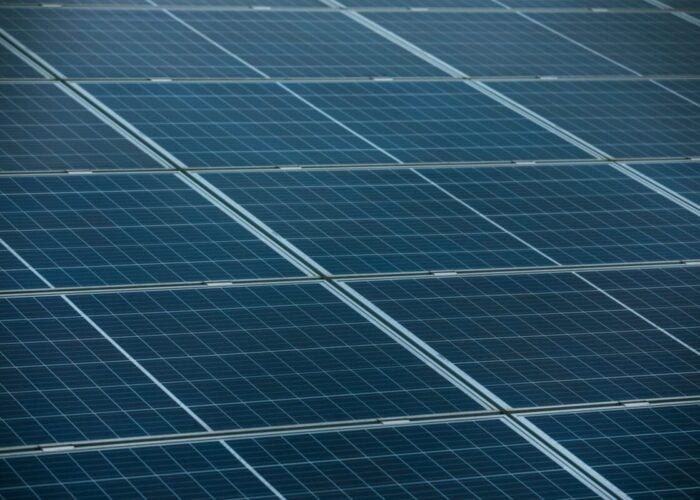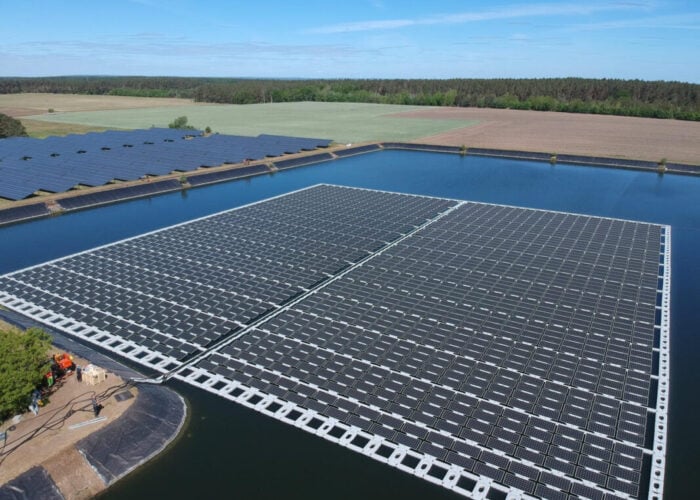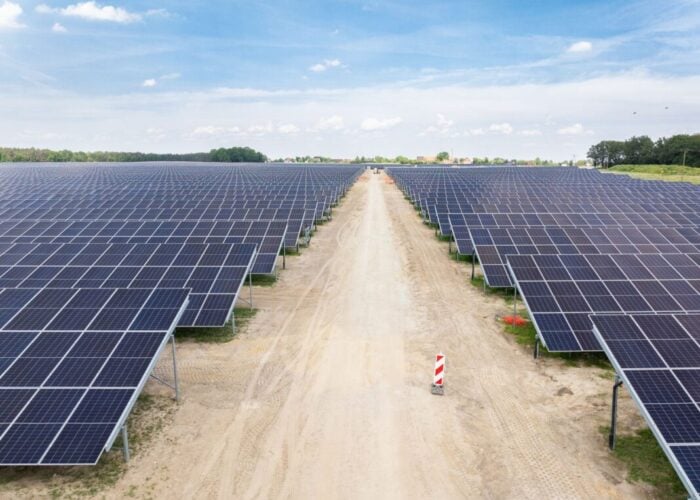A report by environmental activist group, Greenpeace, on the upgrades required for nuclear power plants in France, reveals renewable energy will be more financially competitive by 2020.
As nuclear reactors are upgraded to meet new safety requirements in the aftermath of Fukushima, the maintenance of reactors for the next 40 years, is very expensive in comparison to renewables such as solar and wind, said Greenpeace.
Unlock unlimited access for 12 whole months of distinctive global analysis
Photovoltaics International is now included.
- Regular insight and analysis of the industry’s biggest developments
- In-depth interviews with the industry’s leading figures
- Unlimited digital access to the PV Tech Power journal catalogue
- Unlimited digital access to the Photovoltaics International journal catalogue
- Access to more than 1,000 technical papers
- Discounts on Solar Media’s portfolio of events, in-person and virtual
The report investigates the finance and economics of nuclear power in France and highlights economic risks and uncertainties.
It concludes that short term nuclear is cheaper but long term renewables will be.
Nuclear upgrades under new European Pressurised Reactor (EPR) standards would push nuclear prices to €133 per MWh (US$180 MWh), with €4.4 billion (US$6.0 billion) of investment per reactor required.
Increasing the costs and financial risk of EPRs are operating costs, wall investment, improving safety and erosion of profitability, the report claimed.
Compared to renewables nuclear will be more expensive than onshore wind (at €40-80 per MWh by 2018), and more expensive than solar and offshore wind power by 2020.
The report urges government to take control of nuclear power, future nuclear generation, and the financial future of the country.
France’s minister of ecology, sustainable development and energy, Segolene Royal is expected to present new energy law framework that cuts France’s nuclear share from 75% to 50% by 2025.
In the run up to new energy laws, France’s parliamentary commission has suggested an independent institution be formed to formulate the country’s long term energy investments.
The proposal has been submitted to the President of national assembly, François Brottes.
As part of his presidential campaign, President Francois Hollande endorsed cutting France’s share of nuclear power.
According to the World Nuclear Association (WNA), over 75% of France’s electricity is derived from nuclear power, and it earns €3 billion (US$4.1 billion) per year as the globe’s largest electricity exporter. France has 58 nuclear power plants, totalling over 63GW. Of which 17% is recycled nuclear energy.
For nuclear data Greenpeace used information from environmental science association, Global Chance and World International Service on Energy, WISE-Paris.
For renewables data, Greenpeace used the International Energy Agency (IEA), the Fraunhofer Institute, International Agency for Renewable Energy (IRENA) the European Wind Energy Association, the US Energy Agency and the Court of Auditors or the ADEME.
The Court of Auditors published a report on nuclear costs on 27 May.
This week Bloomberg reported the French Alternative Energies and Atomic Energy Commission (CEA) and French utility EDF have used varying models on forecasted energy demand to justify keeping reactors online.

